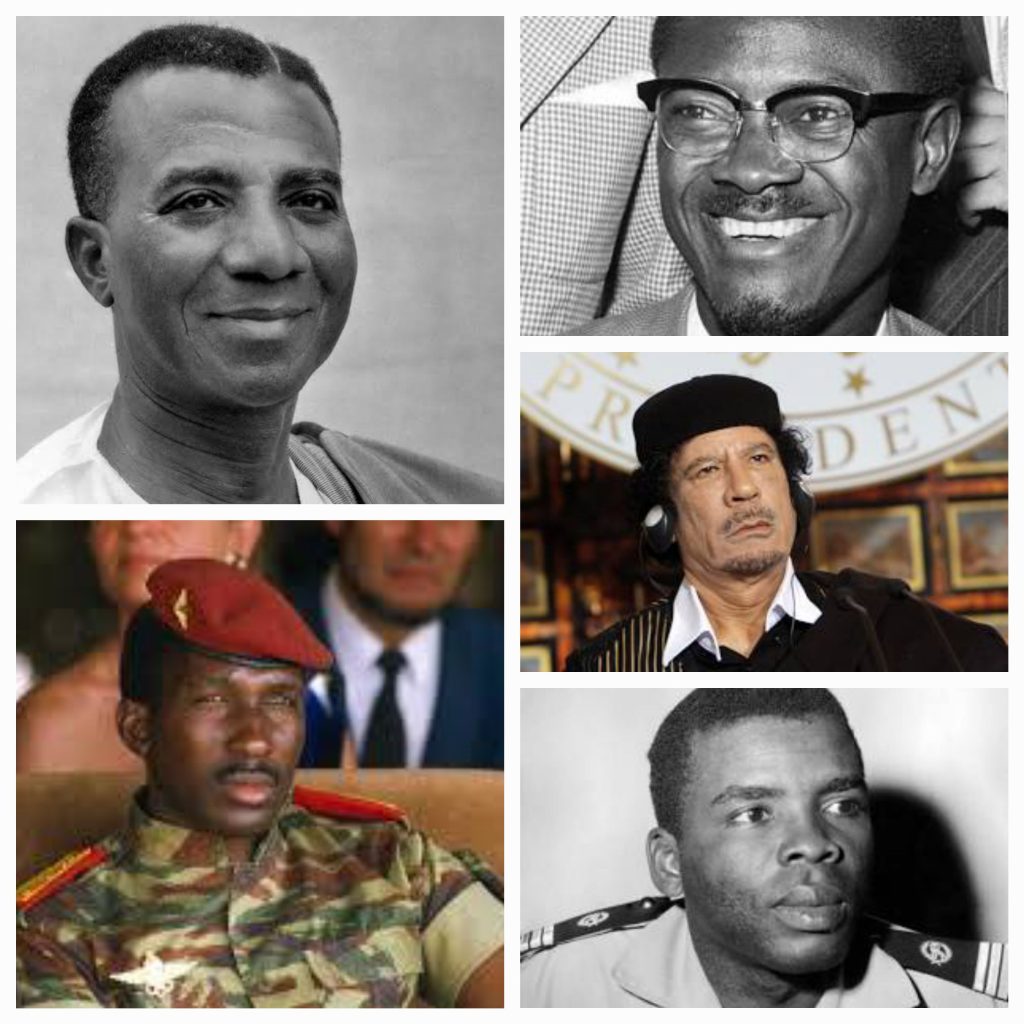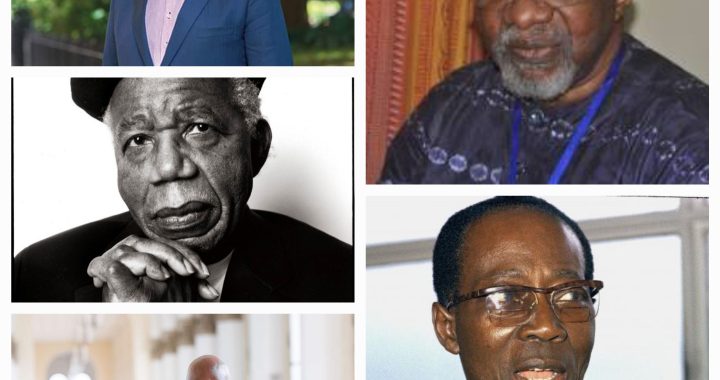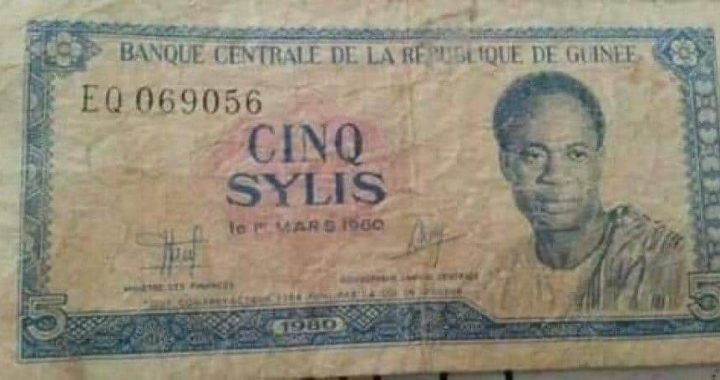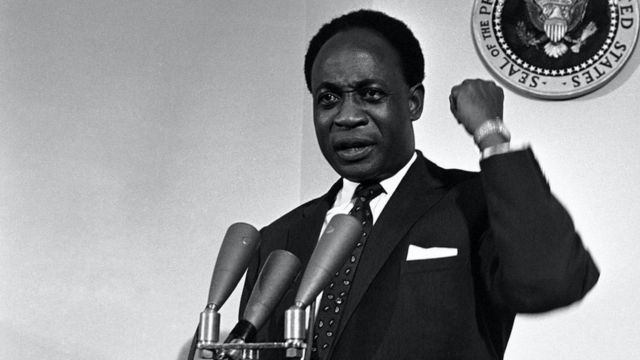Five 5 African leaders who were assassinated

The assassination of African heads of state became widespread on the continent following the attainment of independence by many African nations as they embarked on the path of national development.
Assassination is the deliberate and secretive act of killing a prominent individual, typically for political or religious motives.
Certain leaders faced accusations from the indigenous population, while others encountered opposition from Western Powers due to their domination within the country and across Africa as a whole.
Certain heads of state managed to evade harm due to this unsuccessful attempt. For instance, Dr. Kwame Nkrumah of Ghana narrowly avoided multiple assassination attempts. In 1964, during the Independence Day Celebrations, he narrowly escaped a bombing incident at the Accra Sports Stadium.
How to Apply to Any University in Ghana with D7 in WASSCE
In this article, we will focus on five African leaders who were assassinated during their time in office.
Patrice Lumumba

Patrice Lumumba, the Prime Minister of the Democratic Republic of Congo and a prominent founding figure of the nation, was tragically assassinated on January 17, 1960, at the young age of 34. His untimely death was a severe blow to the socio-economic progress of D.R. Congo, given his significant contributions. In 2002, Belgium, the former colonial power, finally issued a formal apology for their involvement in Lumumba’s assassination.
Thomas Sankara

Thomas Sankara, a youthful and forward-thinking African statesman, met a tragic end when he was assassinated in Burkina Faso on the 15th of October, 1987, at the tender age of 37. During his tenure, he revolutionized Burkina Faso’s economy, transforming it from a rudimentary state to a sophisticated one that enticed numerous foreign investors. Regrettably, his administration was ousted in a military coup d’état, leading to his untimely demise. Sankara’s assassination drew widespread acclaim and admiration, solidifying his legacy as a beloved leader.
Muammar Al Gaddafi

Muammar Al Gaddafi rose to become the Head of State in Libya until his assassination in 2011. He seized power from King Idris through a coup d’état. Gaddafi was ultimately assassinated by a faction known as the anti-Gaddafi movement, which gained momentum during his time in office, sparking a civil war in the country. The opposition forces, with support from the United States military, orchestrated Gaddafi’s demise due to their opposition to his authoritarian rule. Additionally, Gaddafi was one of the founding members of the African Union.
Sylvanus Olympio

Sylvanus Olympio served as the Prime Minister of Togo before ascending to the presidency. Tragically, he was assassinated by the French in Lome, the capital city of Togo, on January 3, 1963, during a military coup d’état.
Marien Ngouabasi

Marien Ngouabi served as the esteemed President of the Republic of Congo. Tragically, at the youthful age of 38, he met his untimely demise on March 18, 1977. Ngouabi was the visionary pioneer responsible for the transition of the nation’s name from Congo to the Republic of Congo. Regrettably, he faced intense pressure from the French to annex our prosperous territories. His steadfast refusal ultimately resulted in his assassination at the hands of the French.
In conclusion, it is evident that the struggle for independence and development in Africa was marred by the tragic assassinations of several visionary leaders who sought to uplift their nations.
Send Stories | Social Media | Disclaimer
Send Stories and Articles for publication to [email protected]
We Are Active On Social Media
WhatsApp Channel: JOIN HERE
2024 BECE and WASSCE Channel - JOIN HERE
Facebook: JOIN HERE
Telegram: JOIN HERE
Twitter: FOLLOW US HERE
Instagram: FOLLOW US HERE
Disclaimer:
The information contained in this post on Ghana Education News is for general information purposes only. While we endeavour to keep the information up to date and correct, we make no representations or warranties of any kind, express or implied, about the completeness, accuracy, reliability, suitability or availability with respect to the website or the information, products, services, or related graphics contained on the post for any purpose.




 Top five African philosophers
Top five African philosophers  Why Nkrumah’s Face appeared on Guinea’s currency
Why Nkrumah’s Face appeared on Guinea’s currency  52 years ago, Ghana’s first president, Dr. Kwame Nkrumah, died in Bucharest, Romania.
52 years ago, Ghana’s first president, Dr. Kwame Nkrumah, died in Bucharest, Romania.  How to apply for 2024/2025 recruitment at GES recruitment portal
How to apply for 2024/2025 recruitment at GES recruitment portal  GPA raises concerns over NaCCA books assessment & approval role
GPA raises concerns over NaCCA books assessment & approval role  GES ranked 3rd in 2023/2024 Excellence Awards for MoE agencies
GES ranked 3rd in 2023/2024 Excellence Awards for MoE agencies